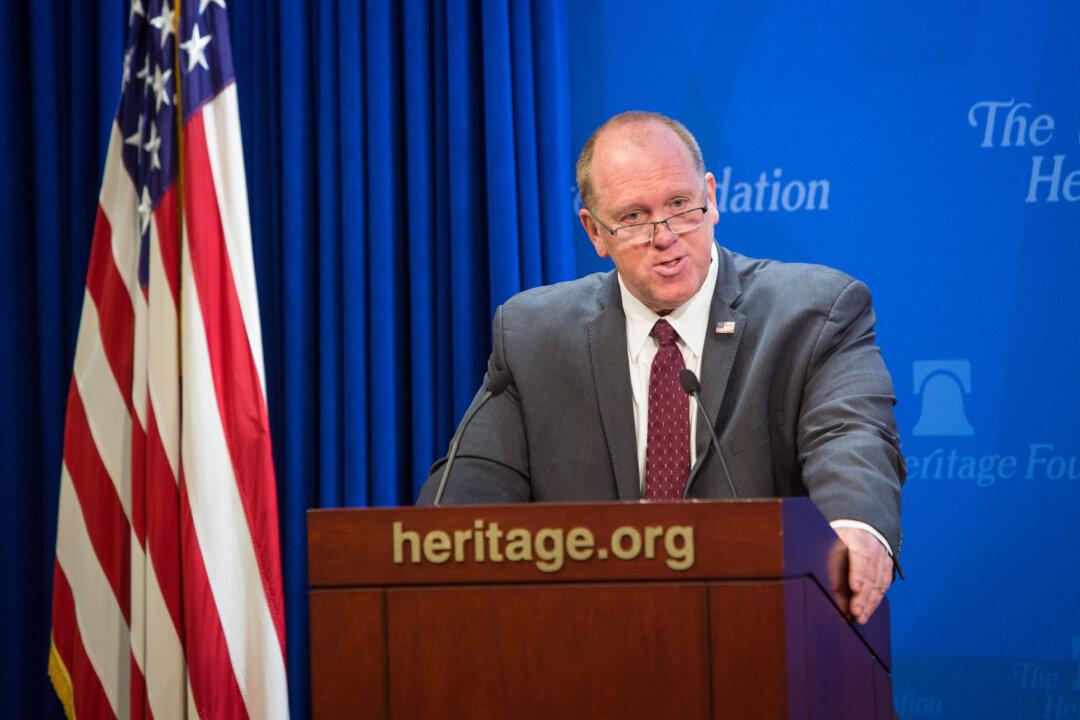WASHINGTON—President Donald Trump formally nominated Thomas Homan to lead Immigration and Customs Enforcement (ICE) on Nov. 14. Homan has served as acting director since Jan. 30, after former director Sarah Saldaña stepped down when Trump came into office.
Homan worked for 33 years in immigration enforcement, starting as a Border Patrol agent in 1984. He spent 20 years as a special agent investigating the organizations that smuggle aliens into the United States, and then eight years under former President Barack Obama in charge of ICE’s Enforcement and Removal Operations.





